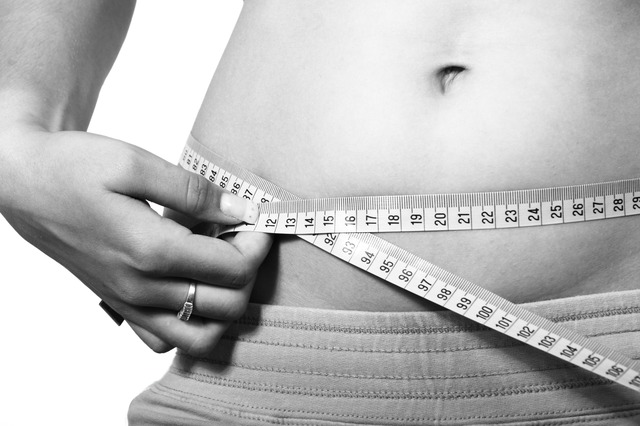Many people start running as a tool in their weight loss journey. We all have increases and reductions in our weight each year, as well as long term. Occasionally, to run faster you may want to drop a few pounds. Here’s how to do it right.
Look at more than just total body weight
If you can, get or at use some body fat analysing scales. These aren’t perfect by any means, but they’ll be able to give you an approximation of your body fat levels as you progress. We don’t want to lose muscle, certainly not in the long term, although initially it may happen to a small degree.
The goal for running faster through weight loss is to increase our power to weight ratio, meaning the same or more muscle, with less body fat. By monitoring body fat levels and your total weight together, you can make sure the desired changes are happening.
Calorie deficit
To lose weight of any sort we need to have a calorie deficit, i.e. using more calories per day than we intake. From a dietary perspective, this is easily done via many methods, be it intermittent fasting, food swaps, portion size reduction or using meal replacement products. I don’t advocate any specific diet, as they all have positives and negatives, and aren’t necessarily sustainable in the long term. Healthy, balanced eating which is flexible and easily adapted has always been my suggested method.
A realistic daily deficit is 300-500 calories, but if you’re quite close to your goal weight already, you may want to try a smaller calorie reduction.
Protein, carbs and fats
For running generally, optimal protein per day is 1.4-1.6g/kg of bodyweight, but during a fat loss phase, this can be increased to 1.6-2g/kg daily.
Fat needs to be sensible, 25-30% of your daily calories typically, to ensure you’re not missing out on essential fats for digestion, hormone production and immune health. If your calories are quite low, the higher percentage of calories from fat would be advisable.
Carbs are whatever calories are left over, divided by 4 (carbs contain 4 calories per gram). This might be relatively low, especially for a runner, but go with it, focusing on starchy carbs, 2-3 portions of fruit and lots of vegetables in your diet.
What to expect when running with fewer calories
If you do end up with fairly low carb levels, you might feel a bit more tired when running than usual. Plan for this by reducing paces and overall intensity, whilst keeping mileage as you would normally have it. This ensures a high energy output still but encourages a little more fat use than normal.
Once you’ve reached your weight/body fat target, you can introduce more calories and less protein (remember we increased this for weight/fat loss). Try adding 200-300 calories more per day which will be predominantly from carbohydrate and check your weight and body fat weekly as suggested, in order to see how you respond to it. Ideally, you’ll then see body fat maintaining or reducing, weight stabilising and muscle maintaining or increasing.
Give these tips a try and should see a long-term speed increase as your body fat lowers and you become more powerful. Most importantly, eat healthily with the occasional bit of junk food if you like, but no fads or extremes.
Written by Kyle Brooks, Running Coach based in Norwich, Norfolk







